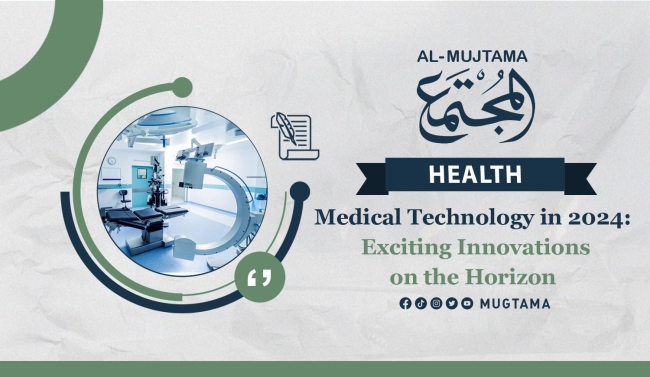Medical Technology in 2024: Exciting Innovations on the Horizon
Artificial Intelligence: Revolutionizing Healthcare
Artificial intelligence (AI) is already making a big impact in the field of healthcare. AI has proven to be incredibly useful in predicting genetic diseases, improving cancer treatments, and even developing vaccines against new variants. In 2024, we can expect even more advancements in the field of biotechnology, particularly in generative AI for drug discovery. This means that more companies will be able to develop new drugs and treatments using AI technology.
AI is also helping with enhanced diagnostics. By analyzing large amounts of medical data, including patient records, genetic information, and imaging results, AI algorithms can identify patterns and correlations that may not be visible to human doctors. This can lead to early detection of diseases and more accurate predictions, ultimately relieving pressure on the healthcare system.
Quantum Computing: A Game-Changer in Healthcare
Get ready for the quantum revolution! Quantum computing is a cutting-edge technology that is expected to have a huge impact on healthcare. With the ability to process trillions of pieces of information simultaneously, quantum computers are much faster than traditional computers. This opens up new possibilities for medical research and drug discovery.
One exciting application of quantum computing is quantum simulation. By using high-quality qubits, quantum computers can model molecules and simulate chemistry with unprecedented accuracy. This could revolutionize drug discovery and help find cures for currently incurable diseases. Quantum computers can also enhance diagnostic tools and create predictive models for diseases, thanks to their powerful quantitative machine learning capabilities.
Virtual Care and Remote Monitoring: Healthcare at Your Fingertips
In 2024, telemedicine options will continue to grow and become more accessible to patients. This means that you'll be able to receive medical care from the comfort of your own home. Virtual hospital wards and remote monitoring devices, like wearables, will play a big role in this. Wearables, such as smartwatches, can track your health and alert you to any potential issues.
Wearable devices and health apps will also help raise awareness about invisible diseases, like heart conditions. By using heart monitoring apps, you can learn more about these conditions and their symptoms. This knowledge can have a significant impact on your health and well-being.
Virtual and mixed reality will also become more prominent in healthcare. Surgeons will be able to use virtual reality glasses to visualize a patient's organs through interactive holograms. This will help them plan surgeries more effectively and safely. Virtual reality and mixed reality can also be used for training healthcare professionals in risk-free environments, speeding up the learning process and reducing the risk of burnout.
Overall, 2024 will be an exciting year for medical technology. With advancements in AI, quantum computing, and virtual care, the future of healthcare looks brighter than ever!


